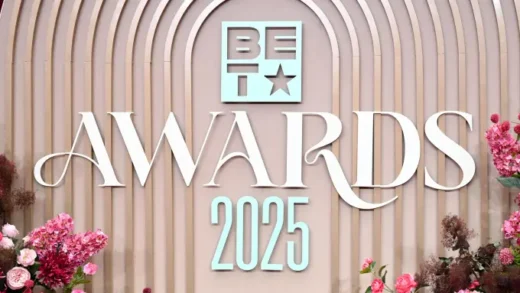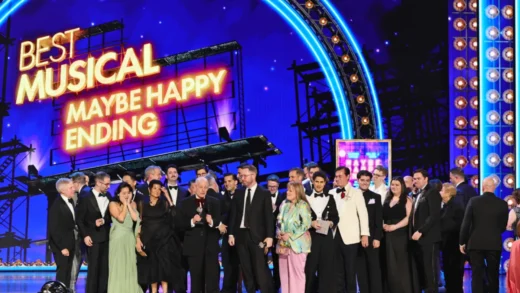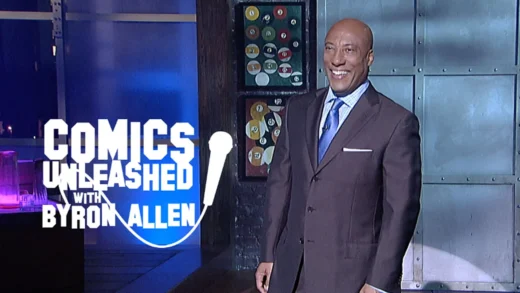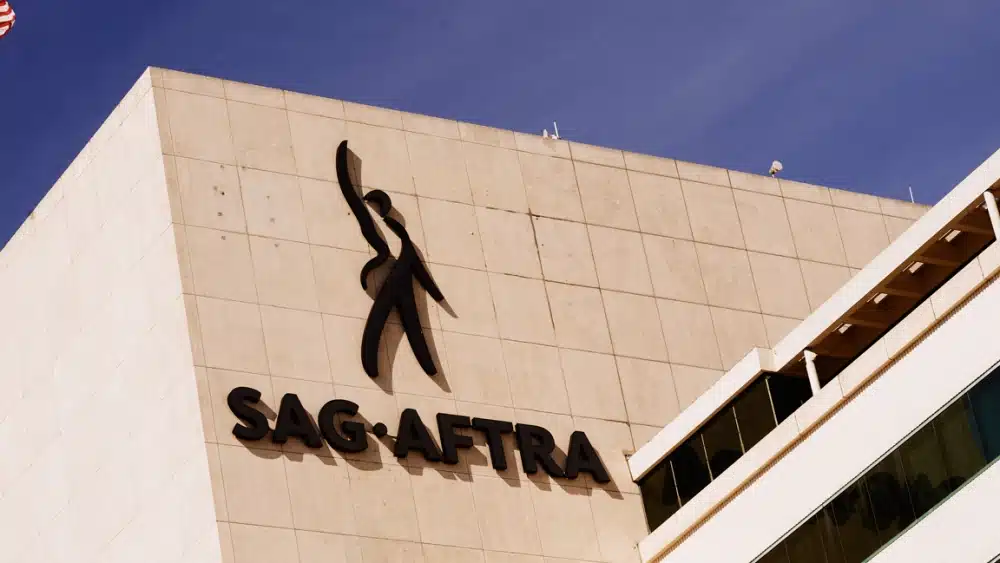The membership of SAG-AFTRA has voted overwhelmingly to approve a strike authorization, maximizing the guild’s leverage ahead of negotiations that begin on Wednesday.
The guild announced Monday night that 97.91% of the voting members supported the authorization. Turnout was 47.69%.
The vote comes as the Writers Guild of America strike enters its sixth week. Many SAG-AFTRA members have already joined WGA members walking the picket lines. The leaders of both guilds have expressed solidarity with each other several times this year.
The writers strike has caused a sharp downturn in production, especially in television. If SAG-AFTRA goes on strike, any remaining film and TV production would halt immediately. The union represents 160,000 performers.
SAG-AFTRA is pursuing an agenda that includes restrictions on the use of artificial intelligence, higher streaming residuals and limitations on self-taped auditions.
Fran Drescher, the president of SAG-AFTRA, said in a statement that the vote sends a message of “strength and solidarity.” Duncan Crabtree-Ireland, the guild’s executive director, said it signals that “it’s time for an evolution in this contract.”
The Alliance of Motion Picture and Television Producers, which represents the studios, issued a terse response: “We are approaching these negotiations with the goal of achieving a new agreement that is beneficial to SAG-AFTRA members and the industry overall.”
The vote comes two days after the Directors Guild of America announced a tentative agreement on its new three-year contract. The agreement includes wage hikes and a 76% increase in international residuals on the largest platforms, according to a DGA summary.
Crabtree-Ireland congratulated the DGA on reaching a deal, but added that the performers’ union will not be bound by the terms negotiated by the directors.
The vote is an unusually aggressive move from SAG-AFTRA, which typically resolves its contracts with the AMPTP without resorting to a strike threat. In 2017, the guild did threaten to hold a strike authorization vote in the closing days of talks, but held off as the deal was hammered out.
The union went on strike against the video game industry in 2016 through 2017, as well as against commercial producers in 2000. But it has not gone on strike against the film and TV industry since 1980. In that year, SAG and AFTRA — then separate unions — went on strike for 94 days over residuals for pay TV and videocassettes.
(Excerpt) Read more in: Variety





